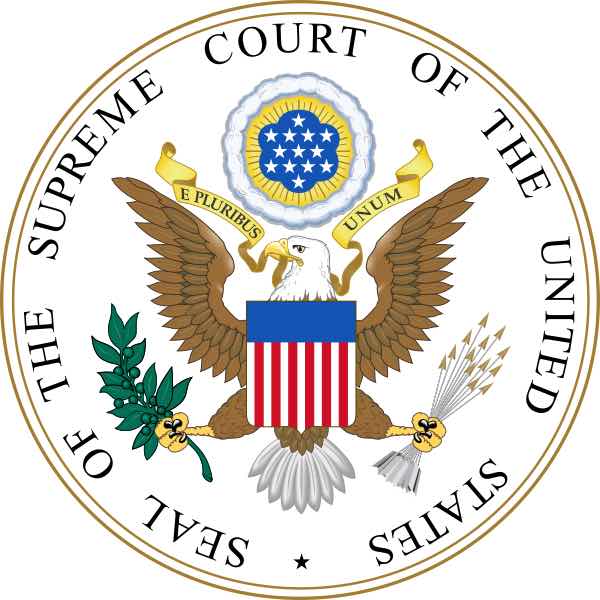In a landmark ruling, the United States Supreme Court has struck down the Chevron Deference. With this ruling, the Supreme Court has cut back sharply on the power of federal agencies to interpret the laws they administer. The Chevron Deference is a precedent created by the Court in the 1984 case, Chevron v. NRDC. Chevron essentially allowed agencies wide latitude in interpreting the scope of their own authority in cases where laws passed by Congress were ambiguous. This required judges to strongly defer to the agency’s interpretations of vague statutory language.
The court ruled 6-3 to strike down the Chevron ruling. Justice Elena Kagan, Justice Sonia Sotomayor, and Justice Ketanji Brown Jackson were the dissenting votes. Chief Justice John Roberts stated, “Chevron’s presumption is misguided because agencies have no special competence in resolving statutory ambiguities. Courts do.”
The ruling will have a ripple effect across regulations from different agencies. This includes healthcare, the environment, and what is covered by the Food & Drug Administration (FDA). It’s particularly interesting to the premium cigar industry, which is subject to the FDA’s rulemaking.
Cigar Rights of America (CRA) Mike Copperman said, “Premium hand-rolled cigars are an artisanal product which does not possess the health effects, nor youth usage concerns, that would warrant regulation by the FDA. It is our sincere hope that today’s momentous decision represents the beginning of a more transparent, fair, and level regulatory environment where FDA prioritizes the science and acknowledges the reality that premium hand-rolled cigars ought to be exempt from onerous regulation.”
The full ruling from the United States Supreme Court is here.





